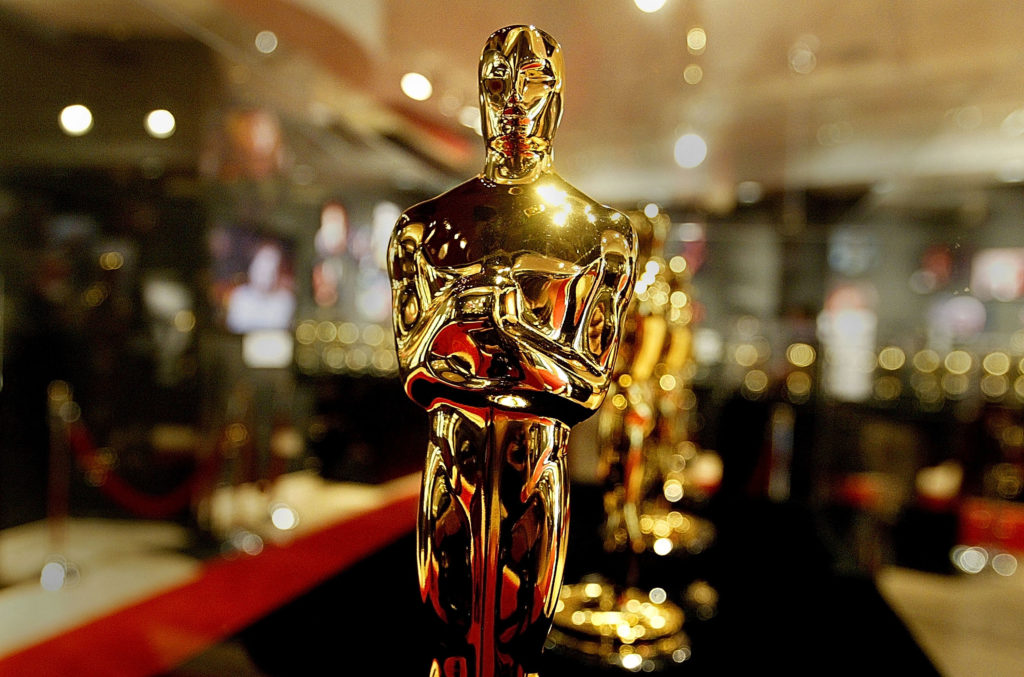
Best Picture:
When it comes to movies about race, Hollywood is once again showing it’s true color.
Like Crash in 2004, Green Book is a tame and aged perspective of racial tension in America, how it’s being “solved”, and how we should look to carry ourselves in our everyday lives moving forward. It’s not so much that the movie is bad or terribly misleading, Green Book means well and is an enjoyable film to a degree.
But in a time where forward-thinking movies like Blindspotting and Sorry To Bother You are pushing the envelope on what it’s like to be a colored or marginalized person living in modern-day America, Green Book feels like an out-of-touch lecture, like a Wonder Bread sandwich with a bit of skim milk.
It ultimately dilutes and attempts to compartmentalize racism, much like Crash did before, simplifying the matter: “This is what racism or prejudice is. This is how to fix it”.
Time will absolutely be the judge of both films, like it has been so cruelly of the former.
Films like Black Panther and Bohemian Rhapsody are entertaining, never let their fan base down, and each have their own undeniable appeal. But they lack the depth and the intimacy that other films like Roma, The Favourite, Shoplifters, Into the Spiderverse, and First Reformed, so innately possess.
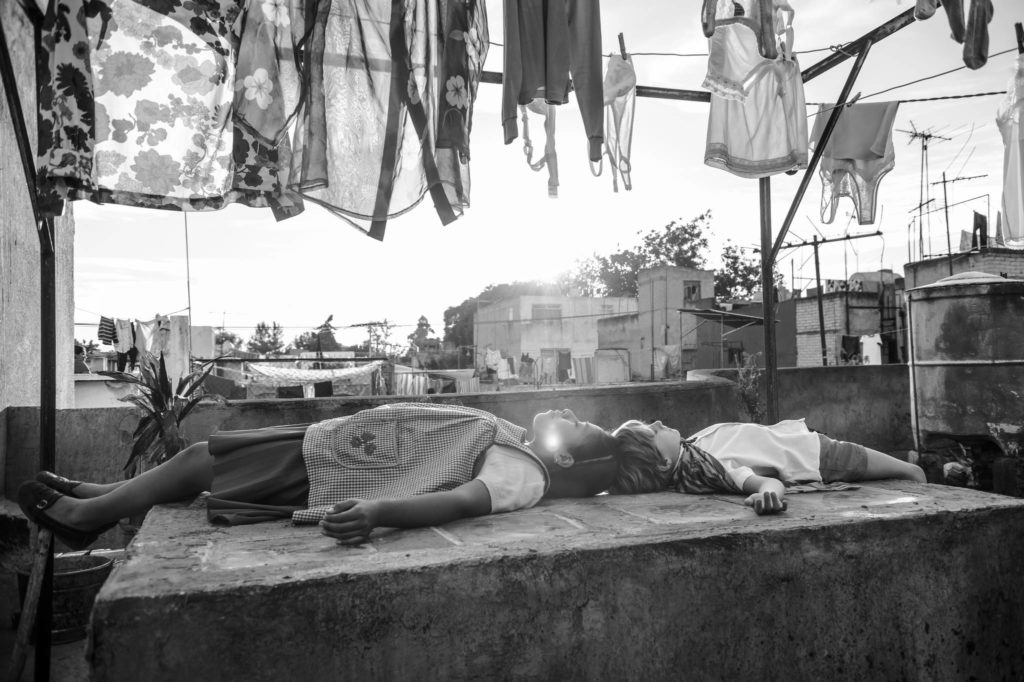
I think for a lot of people, a movie like Roma might not work. It’s a slow-burn, it’s a slice-of-life, it’s in Spanish, it’s subtitled, it’s in black-and-white. For some, that’s already 3 or 4 red flags too many.
But what Roma really is, is Alfonso Cuarón’s love letter to cinema. It’s his Bicycle Thieves, his neo-realistic portrayal of Mexico City, his hometown and childhood. A glimpse into a privileged, and a marginalized group of people and society that many people have never heard of. He shows us what privilege can be, and what a cruel and unjust life some are forced to live.
Much like life, Roma can reveal it’s beauty in quiet and subtle ways, if you allow it to.
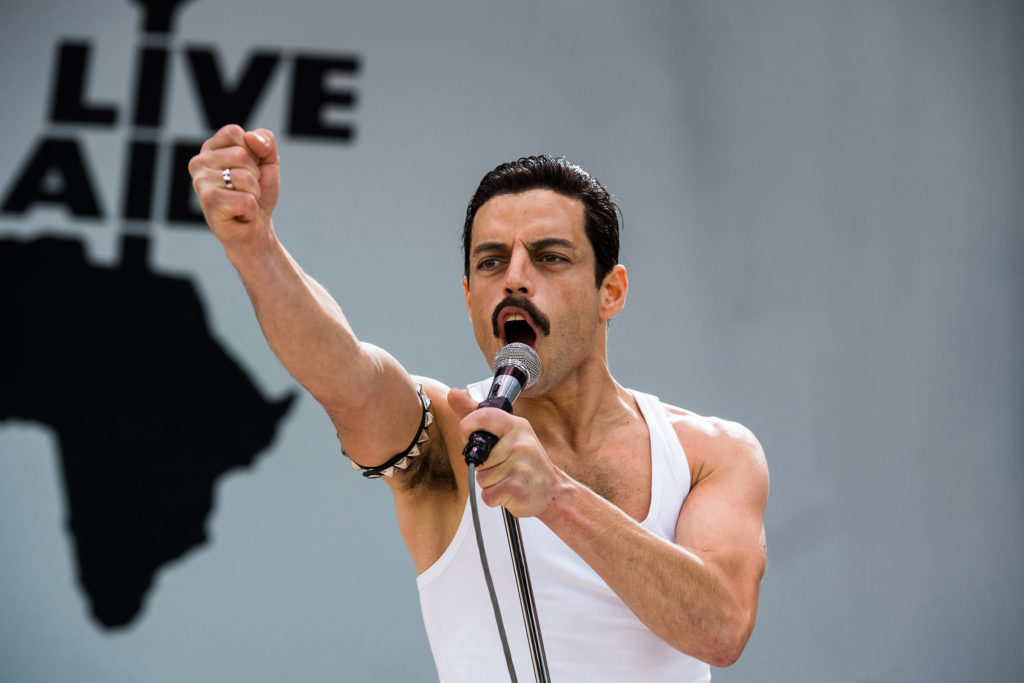
Best Actor:
Rami Malek was the clear favorite from the get-go. He embodied Freddie Mercury to his very essence, a truly magnificent transformation, and one that I think Freddie himself, would be proud of.
Christian Bale as Dick Cheney in Vice was phenomenal, with Bale having to actually improvise a majority of Cheney’s dialogue throughout the film, as Director Adam McKay often has his actors do on his films (ala The Big Short). In the process, Bale himself become an aficionado, a master on all-things-Cheney, and the physical, living embodiment of him too. Bale would be a clear candidate to win in almost any other year, but this year was always different. This year was always Malek’s to lose.
Bradley Cooper should get a lot of credit for A Star is Born. I just wonder if the safeness of the role and re-hashing of it’s story hurt his chances at greater Oscar accolades.
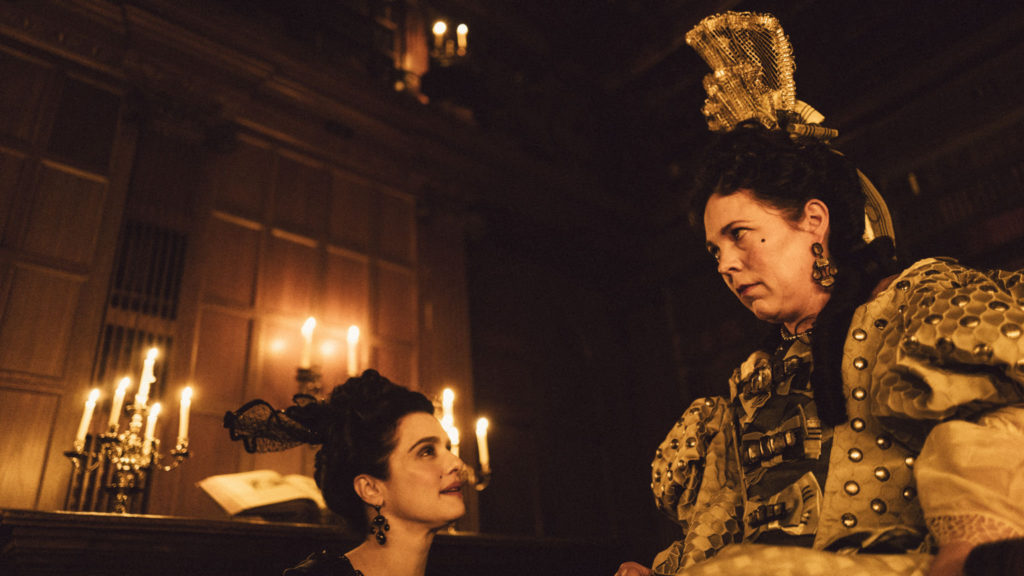
Best Actress:
A raunchy, savage, scene-stealer, Elizabeth Colman was brilliant in The Favourite, winning in a category that may have contained the strongest nominated class out of any.
Yalitza Aparicio in Roma, Lady Gaga, Glenn Close, and Melissa McCarthy were all truly great in their own right, but Colman was seamless in her portrayal. Her Oscar acceptance speech was one of the highlights of the night, but also a true glimpse into that seamlessness that carried over to her character in The Favourite. One that is altogether, aloof, innocent, cunning, self-aware, brutal, flawed, and flirty, Colman’s duality and complexity was a theatrical treat in every regard.
Best Supporting Actor: Mahershala Ali brings a bit of heart and soul to every role that he plays, and it’s this depth that allows him to slip seamlessly into the truth and into your psyche. He’s got an edge like Snipes, but the compassion and humanity of Denzel.
Best Supporting Actress: What a fitting moment of recognition for Regina King, James Baldwin, and the story of Beale Street, an overlooked story, over 50 years in the making.
Best Director: The auteur theory exists only for a few modern film-makers. With Alfonso Cuarón, he himself has never tested that theory further, acting not only as his own writer, director, and producer on Roma, but also as cinematographer, creating every frame with his own sensibilities and vision. A true singular vision.
Best Original Screenplay: The Favourite, First Reformed, and Roma are all a notch-above Green Book, but Green Book winning Best Picture only reinforces that those same voters likely swung in a similar direction when it came to voting for Best Screenplay, though those two voting parties don’t completely overlap.
Best Adapted Screenplay: While BlacKkKlansman was an entertaining movie made with a positive premise, I’ve got problems with it’s sincerity and it’s historical accuracy considering it’s “based on a true story”.
It takes several liberties throughout the film: the real undercover cop who was white wasn’t actually Jewish, though he is in the movie for dramatic effect. COINTELPRO actually infiltrated and disrupted many pro African-American organizations with the intent to cause disarray, they weren’t just White Knights, crucially remind yourself of the FBI’s relationship with MLK at the time, they wanted to make a martyr out of him. There also wasn’t a bomb that was prevented, which subsequently blew up in the bad guy’s face. And there wasn’t ever a racist cop who finally got his comeuppance in the end while being caught on tape. All of those elements in the movie were fictionalized, to drive up-the-stakes and add suspense.
So in the end, I’m left wondering how much of the movie was actually real, and how much of it was dramatized. And though some of those events may have actually occurred in other instances throughout history, it just cheapens the idea of a “true story”.
If more people had seen it, or if BlackKklansman wasn’t so bolstered by it’s undeniably amazing one-liner: “Black cop infiltrates KKK”, then If Only Beale Street Could Talk would be the obvious favorite in terms of literary quality and historical significance.
Best Cinematography: Watching Roma was like going back to college foreign film class. Transportive, strange, unfamiliar, yet nostalgic.
Cuarón shot the film himself because only he knew what his childhood had looked like. Long, winding takes through a bustling home, along the beach, in the hospital, Cuarón’s signature is all over the film, deepening our understanding of what it means to love, and what it means to sacrifice.
Best Editing: Vice should probably be the winner here, but I think people went with Bohemian Rhapsody because the music never lets you down. The editing is in-sync with it’s music, and the movie is truly guided by it. In a biopic about Queen, that’s all you really need to do.
Best Original Song: It was always going to be Shallow, as A Star is Born lives and dies with it’s music. A great consolation though, that they at least walk away with the award they most deserve.
Best Original Score: If Only Beale Street Could Talk had the deeper, more intimate score, but I think it once again suffered from lack of exposure, and moreso, a big wave of momentum from Black Panther.
Best Documentary Feature: Free Solo is awe-inspiring, Alex Honnold’s achievement is pretty freakin’ incredible, and that team has made a great film before previously with Meru, but I still don’t think it moves people like Won’t You Be My Neighbor?
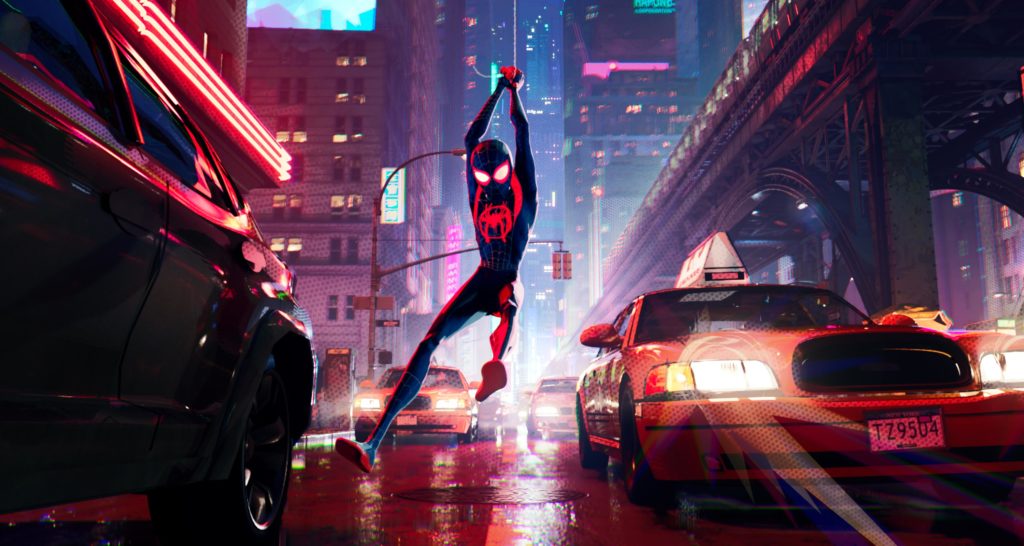
Best Animated Feature Film: Spiderman: Into the Spiderverse is a better movie than Green Book. ***Insert Change My Mind Meme***
Leave a Reply